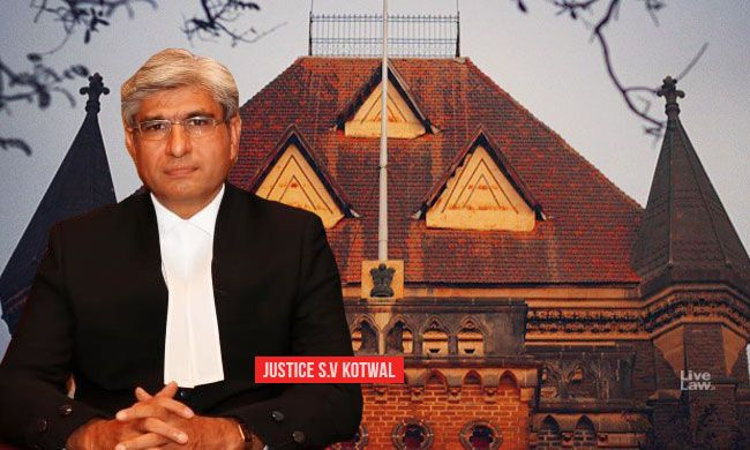Are All NDPS Offences Non-Bailable? Bombay HC Debates During Rhea Bail Hearing
LIVELAW NEWS NETWORK
30 Sept 2020 7:43 PM IST

Next Story
30 Sept 2020 7:43 PM IST
The hearing of the bail applications of Rhea Chakraborty and four others - who are accused of procuring drugs for the late actor Sushant Singh Rajput - in the Bombay High Court on Tuesday witnessed an interesting debate on a legal point as to whether all offences under the Narcotic Drugs and Psychotropic Substances (NDPS) Act are non-bailable.At the outset, Justice Sarang V Kotwal told...
